Scalp health is often overlooked, yet its condition can actually signal underlying health problems.
From dandruff and psoriasis to fungal infections like ringworm, scalp disorders are common and should be recognized early.
By understanding their causes and symptoms, you can prevent them from worsening and keep your scalp healthy.
Early Signs of Scalp Health Problems
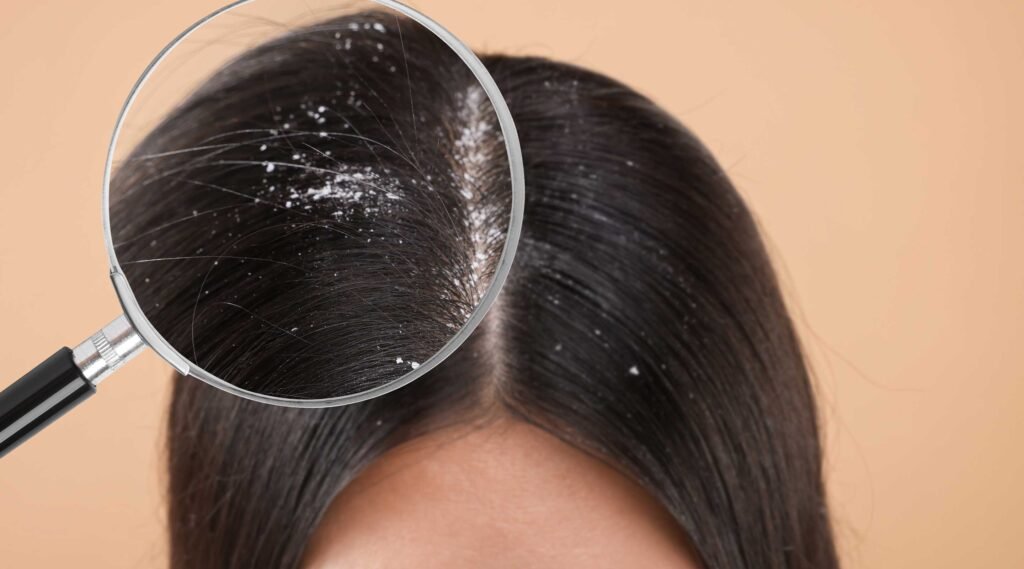
Scalp diseases include a wide range of conditions such as dandruff, psoriasis, seborrheic dermatitis, ringworm (tinea capitis), folliculitis, and even parasitic infestations like head lice. In rare cases, skin cancer can also develop on the scalp.
Common symptoms include itching, flaking, redness, sores, pus-filled bumps, or hair loss. Seeing a dermatologist is important to determine the exact cause and get proper treatment.
1. Dandruff
About 50% of people aged 15–50 experience scalp conditions such as dandruff or seborrheic dermatitis. Aside from visible white flakes, sufferers often experience itching (66%), irritation (25%), and a dry or tight scalp (59%).
The hallmark of dandruff is small white or gray flakes that easily detach from the scalp.
2. Seborrheic Eczema (Cradle Cap)
Seborrheic eczema commonly occurs in babies aged 3 weeks to 12 months. It appears as yellowish, greasy crusts on the scalp and forehead.
This condition is not painful or itchy and usually resolves on its own within six months without special medical treatment.
3. Tinea Capitis (Scalp Ringworm)
Ring-shaped rashes, broken hairs, and well-defined bald patches characterize this fungal scalp infection. It primarily affects children and can be transmitted through direct contact, pets, or contaminated objects.
In some cases, inflammation leads to pus-filled lumps (kerion), often caused by Trichophyton mentagrophytes infection.
4. Scalp Psoriasis
Psoriasis is a chronic autoimmune disease affecting 2% of the global population, with around 50% of cases involving the scalp.
Symptoms include red, silvery-scaled plaques that may itch or sting. Lack of sunlight exposure and friction can worsen the symptoms.
In some cases, scalp psoriasis may cause brittle or thinning hair.
5. Lichen Planus
Lichen planus can affect the scalp, causing chronic inflammation that may lead to permanent hair loss if left untreated. Its hallmark signs include reddish-purple, itchy patches with a burning sensation.
6. Head Lice
Head lice infestations are common among school-aged children (5–11 years old). They spread through personal items such as hats, combs, towels, or pillows.
Symptoms include intense itching, scratch wounds, and small red bumps on the scalp. Specialized shampoos or medications and fine-toothed lice combs are recommended for treatment.
Natural Ways to Maintain Scalp Health
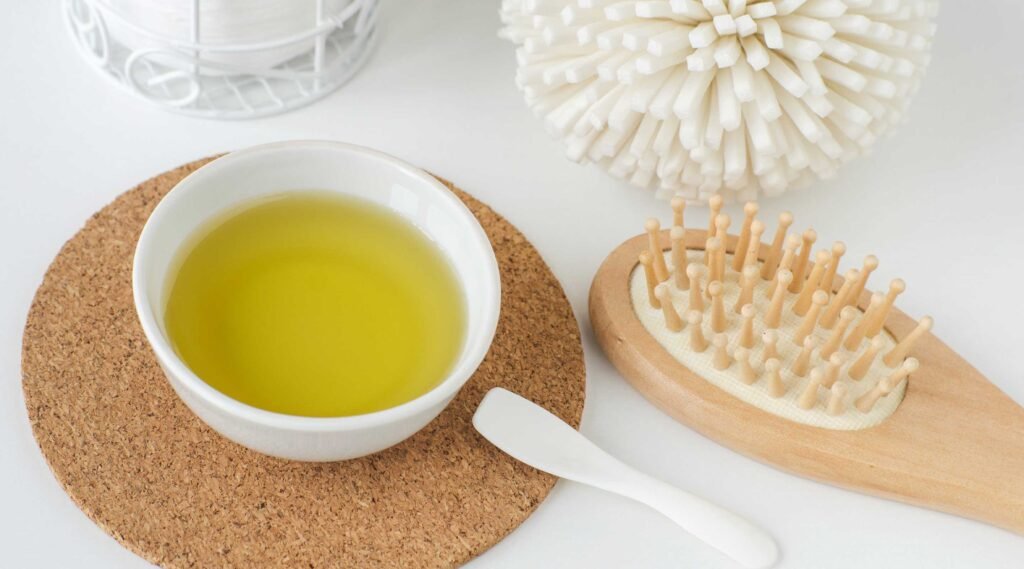
If your scalp feels dry, itchy, or flaky, try these natural ingredients to help soothe it:
- Coconut oil
Deeply moisturizes the scalp. Its antifungal and antibacterial properties help prevent infections and reduce mild inflammation. - Tea tree oil
Known for its strong antiseptic, antifungal, and antibiotic properties. Effective in relieving dryness, itching, and dandruff. It’s a common ingredient in anti-dandruff shampoos. - Aloe vera
Contains anti-inflammatory compounds that soothe irritated scalps. Besides moisturizing, it also provides a cooling sensation after washing your hair. - Apple cider vinegar
Has antimicrobial and anti-inflammatory effects. It helps balance scalp pH, remove dead skin cells, and reduce itching. Always dilute it before use to avoid irritation.
Use these natural remedies only if your scalp has no open wounds. If there are sores or signs of infection, consult a dermatologist before trying home treatments.
When to See a Doctor
Consult a dermatologist immediately if you experience severe itching, pus-filled sores, or excessive hair loss. Early treatment helps prevent the spread of infection and reduces the risk of serious complications.
References
Healthline. Accessed in 2025. Scalp Conditions.
Mayo Clinic. Accessed in 2025. Head Lice.
Science Direct. Accessed in 2025. A Practical Guide to Scalp Disorders

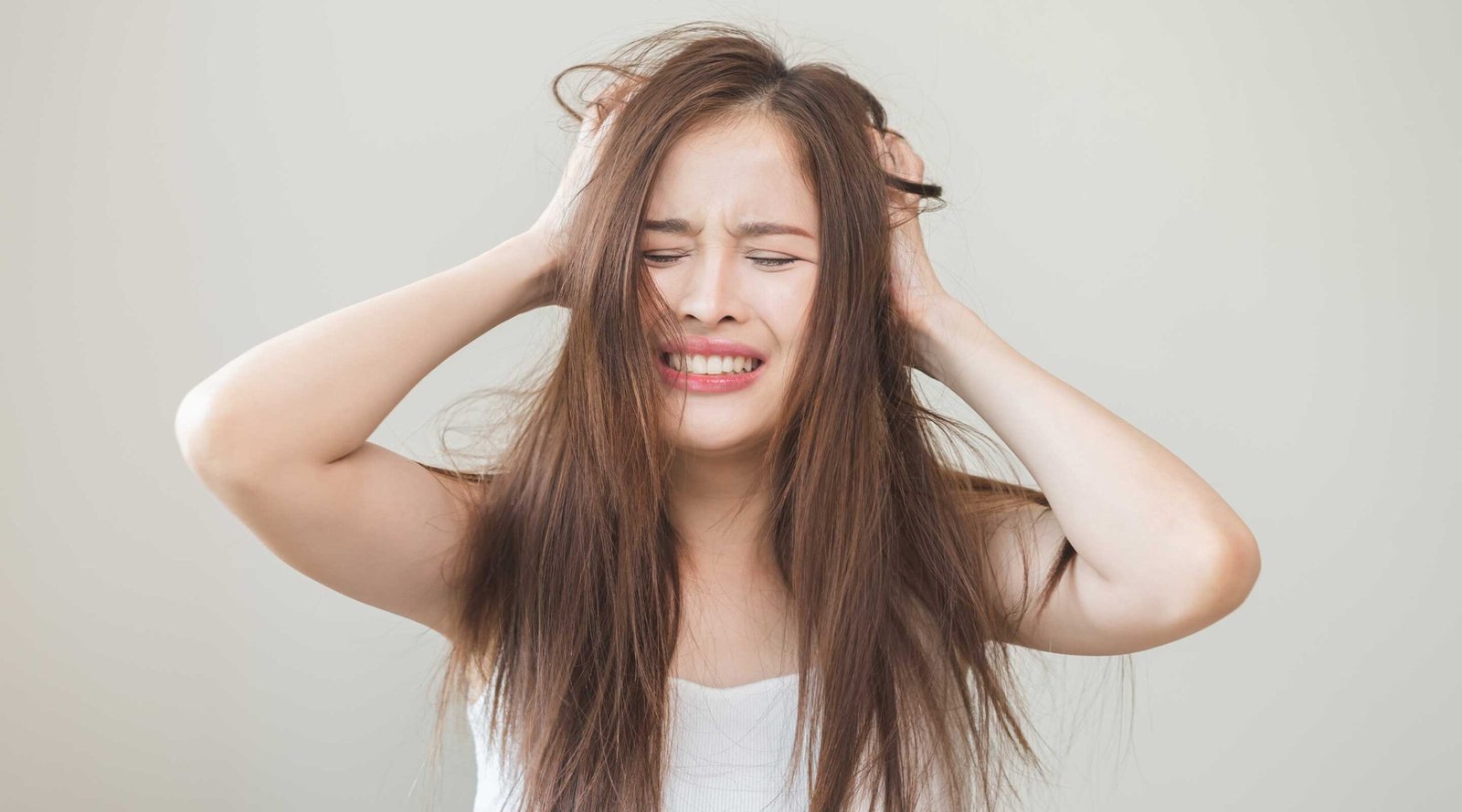

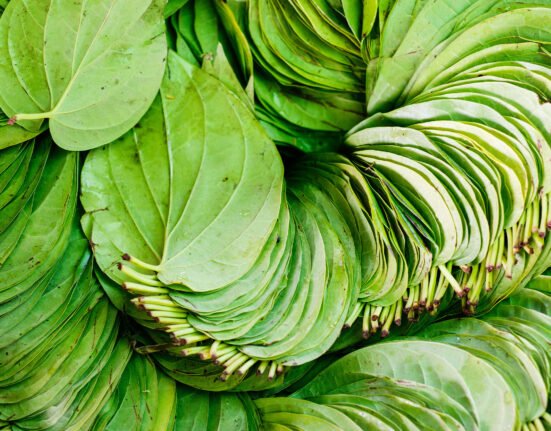
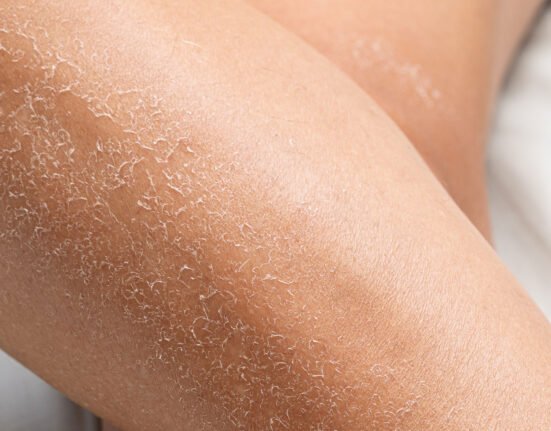

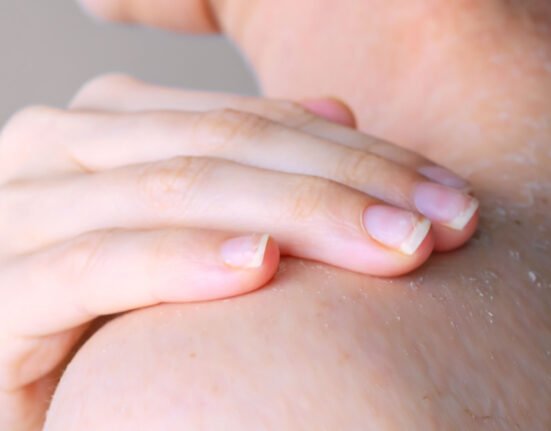
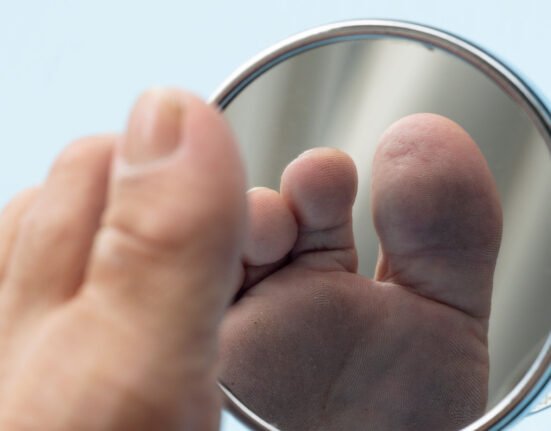
Leave feedback about this